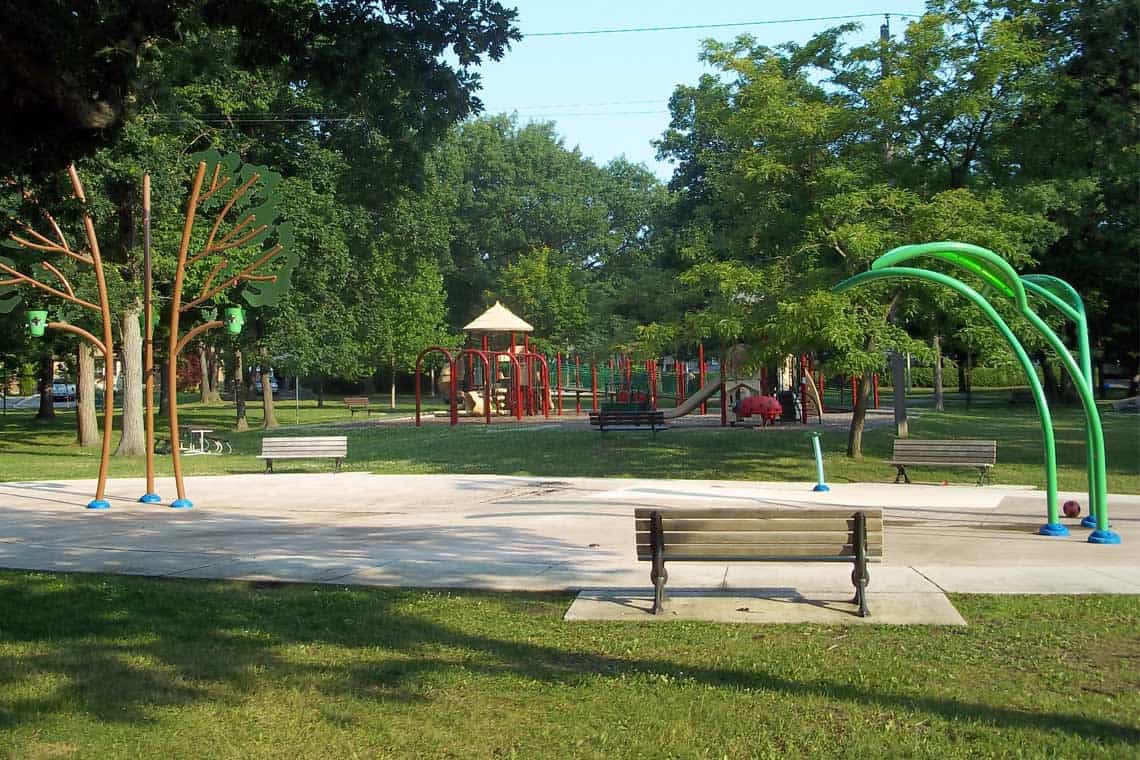Oakville Council approves new growth funding by-law
Published July 13, 2022 at 10:46 am

Oakville has passed a new funding tool to help pay for the town’s growth.
Following public review and input, Town Council approved the new Development Charges (DC) By-law 2022-068 at meeting held Tuesday night.
The new by-law details how the town collects fees from property developers for building new community infrastructure such as roads, transit network, recreation centres and libraries, parks, and fire stations.
Oakville collects development charges when it issues building permits to developers for residential, commercial, and industrial construction.
As the town grows through population and jobs, additional land and infrastructure is needed to continue delivering quality services.
“We have to maximize development charge collection to ensure that growth pays for growth in order to minimize the financial impact on existing residents and provide residents with access to high quality services and amenities in their neighbourhoods,” said Oakville Mayor Rob Burton.
“As new developments take shape, the fees collected from developers will help build complete communities that are well connected by roads, highways, transit, fire stations, recreation centres, parks trails and other facilities.”
In an effort to minimize the cost to local residents, Oakville uses three major financial tools to recover these costs from developers.
The DC by-law was the first the town updated this year. The by-law has to be updated every five year and was set to expire in February 2023.
The town posted the DC Study for public comment back on May 13 of this year.
The second financial tool utilized by the town as a financial tool is Community Benefits Charges (CBC).
This is a new charge that is collected from high-density development of five or more storeys with 10 or more units and is used towards paying for new municipal parking, public art and cultural entertainment spaces.
The third tool, Parkland Dedication, will be presented to Council for review and approval in the coming weeks.
The town began working on the DC study in 2021 based on projected population growth to the year 2031 and the infrastructure required to maintain service levels.
With growth forecasts beyond 2031 still being finalized, the town says this technical update to the DC Background Study is to ensure DCs are collected appropriately to pay for the land and infrastructure needed to support growth in the near term.
A full update to the DC Background Study that extends beyond 2031 will take place in a few years, when new population targets and new service area master plans are completed.
insauga's Editorial Standards and Policies advertising






